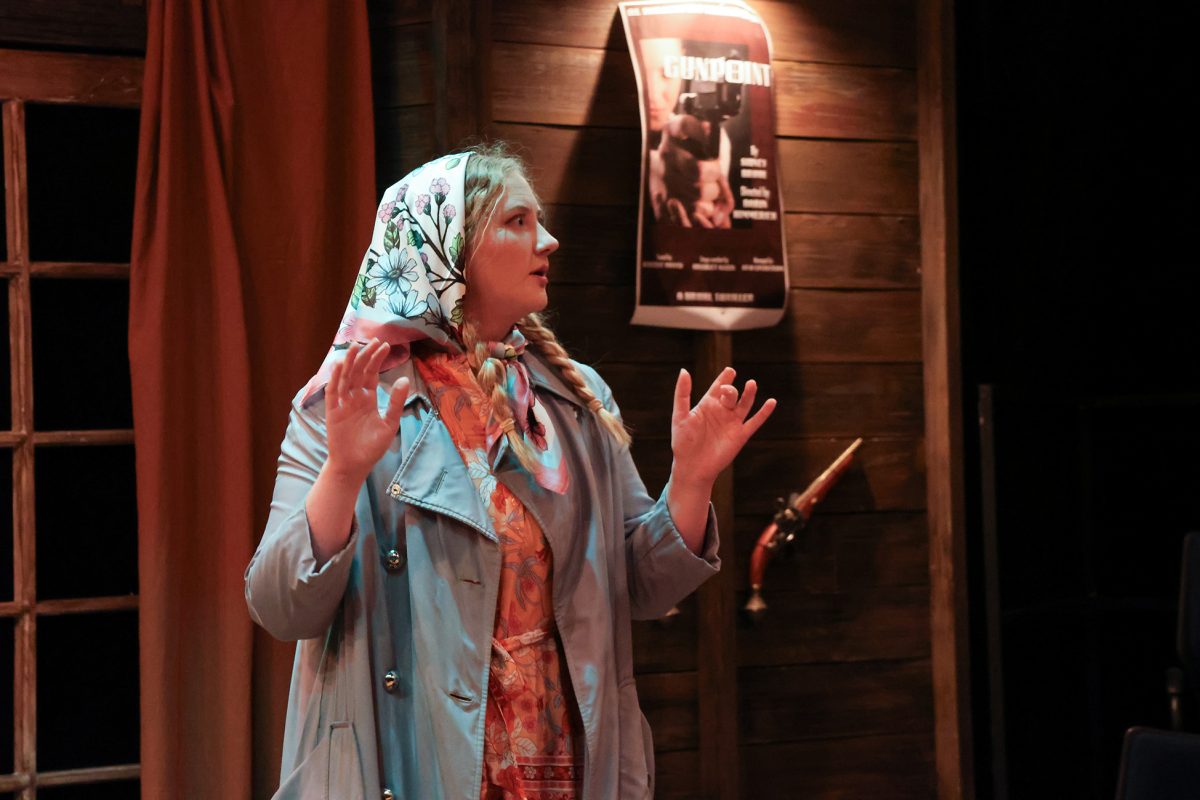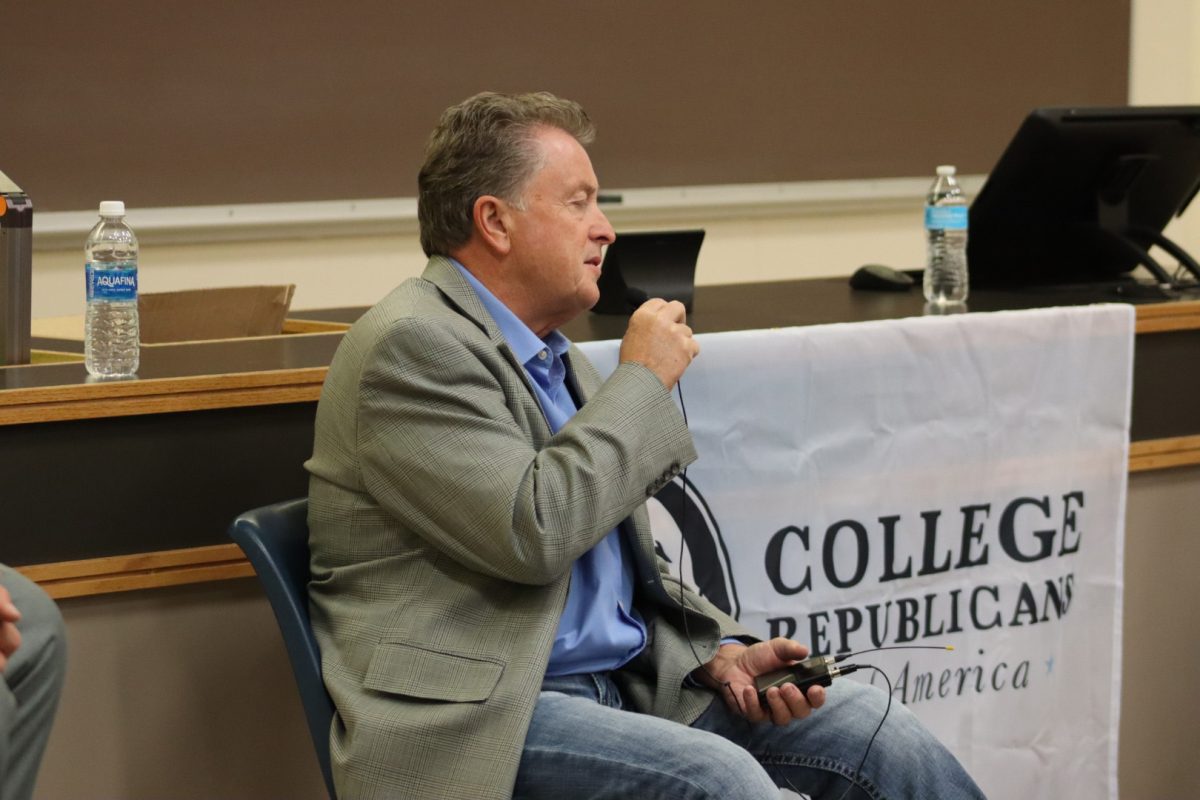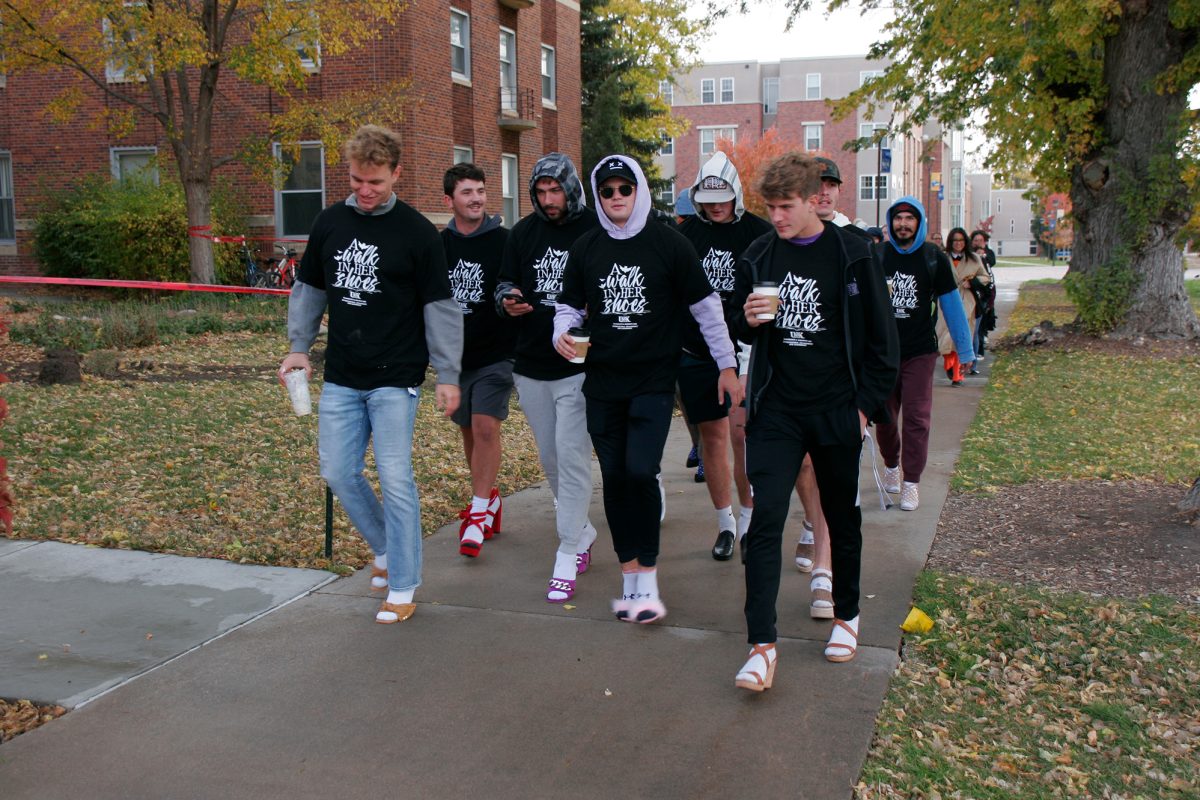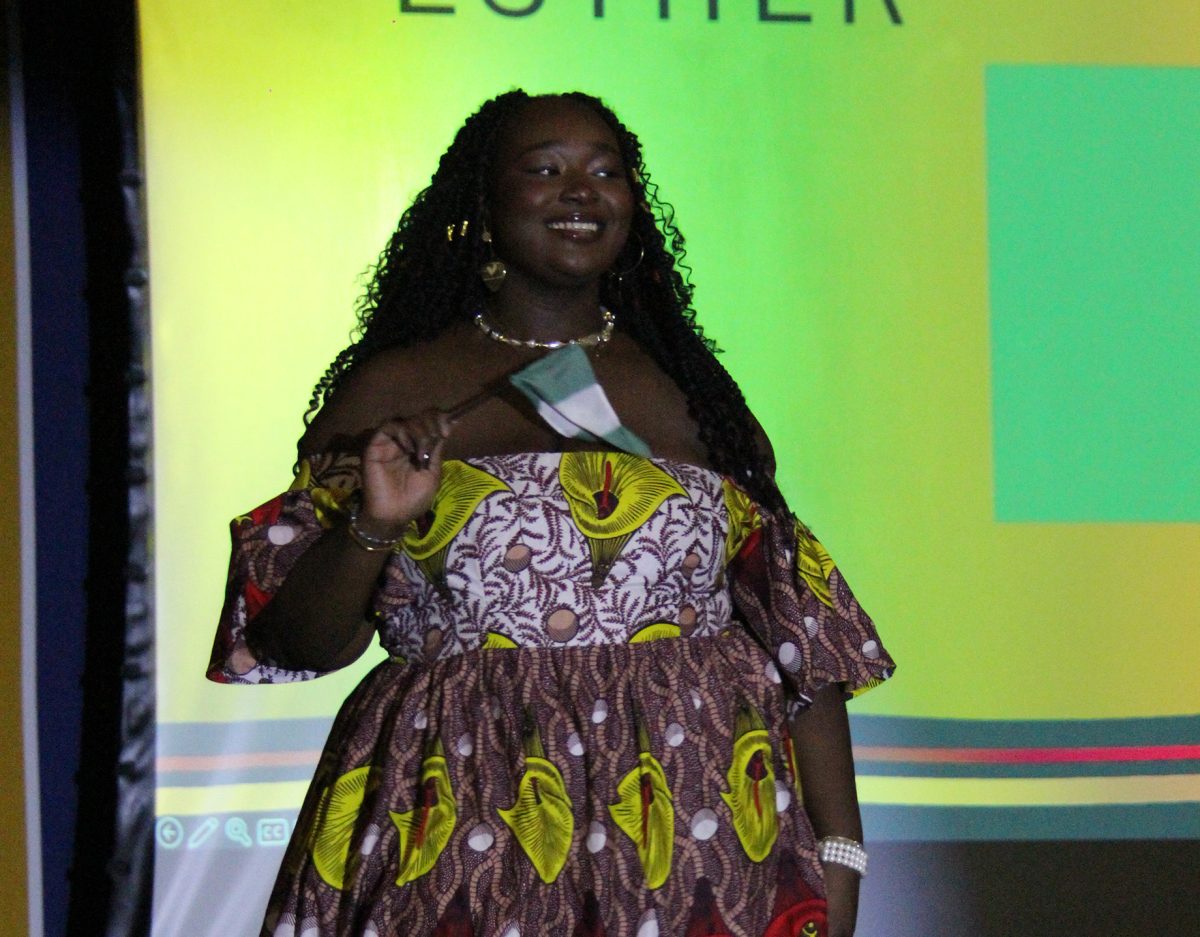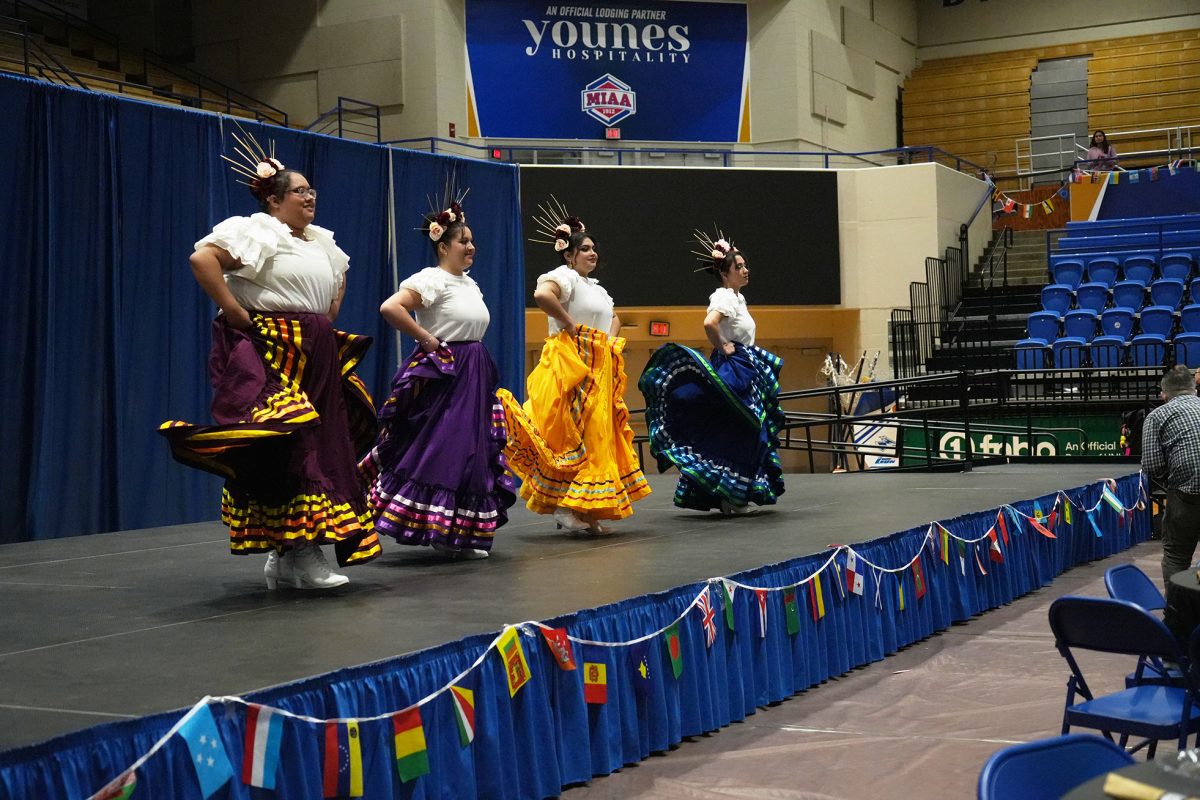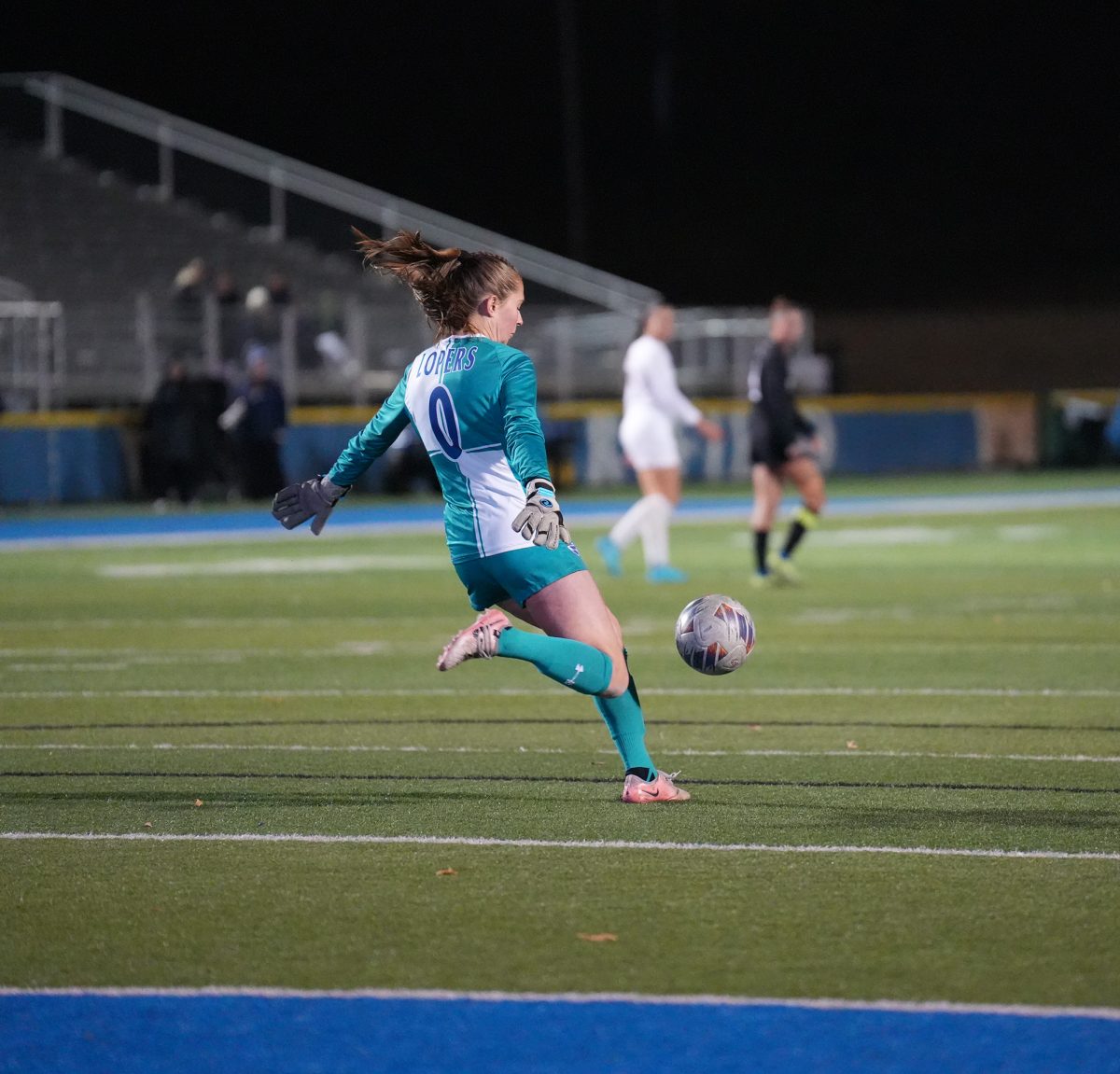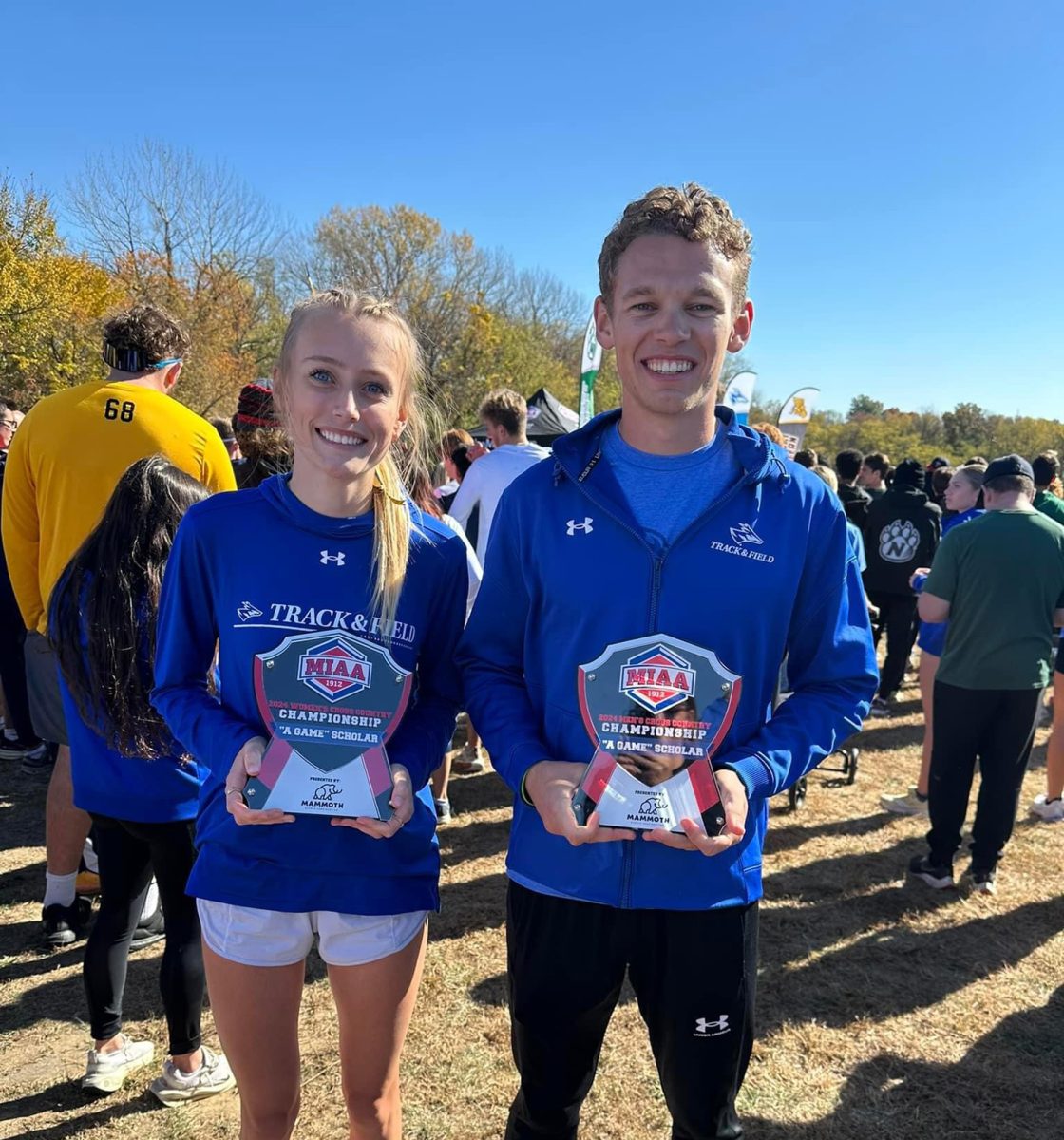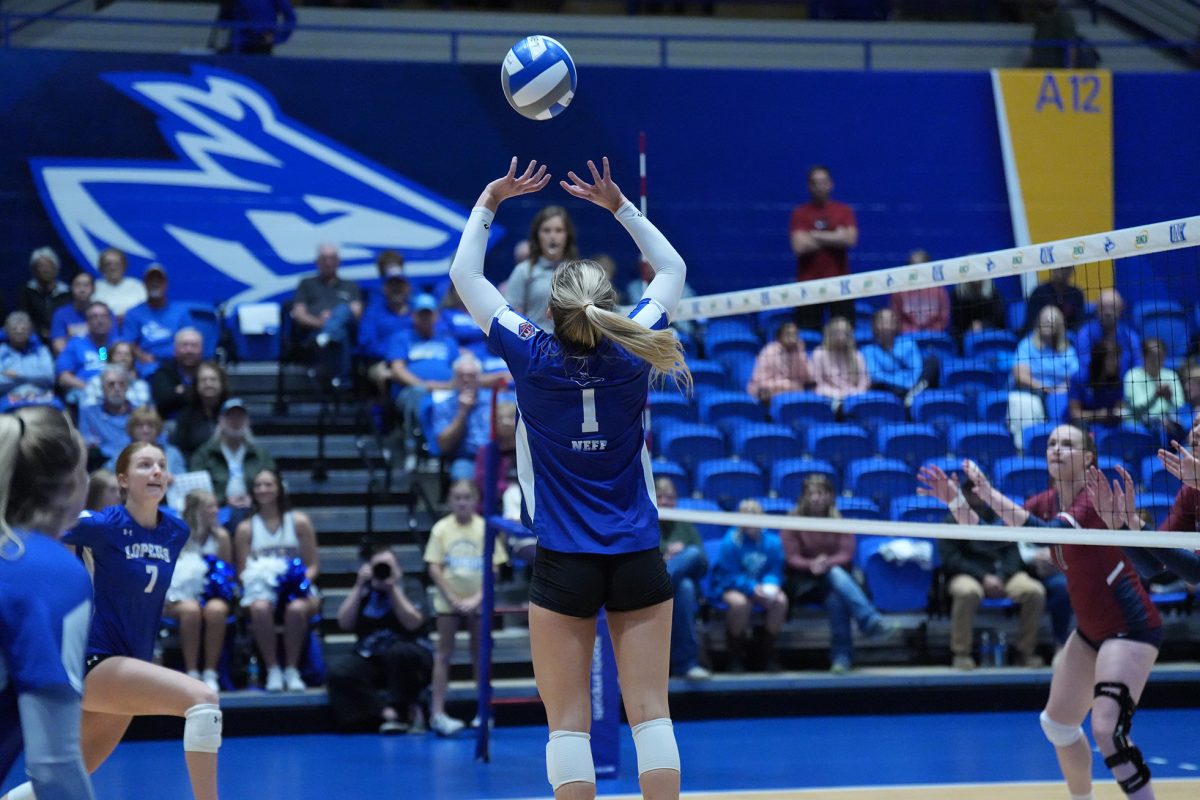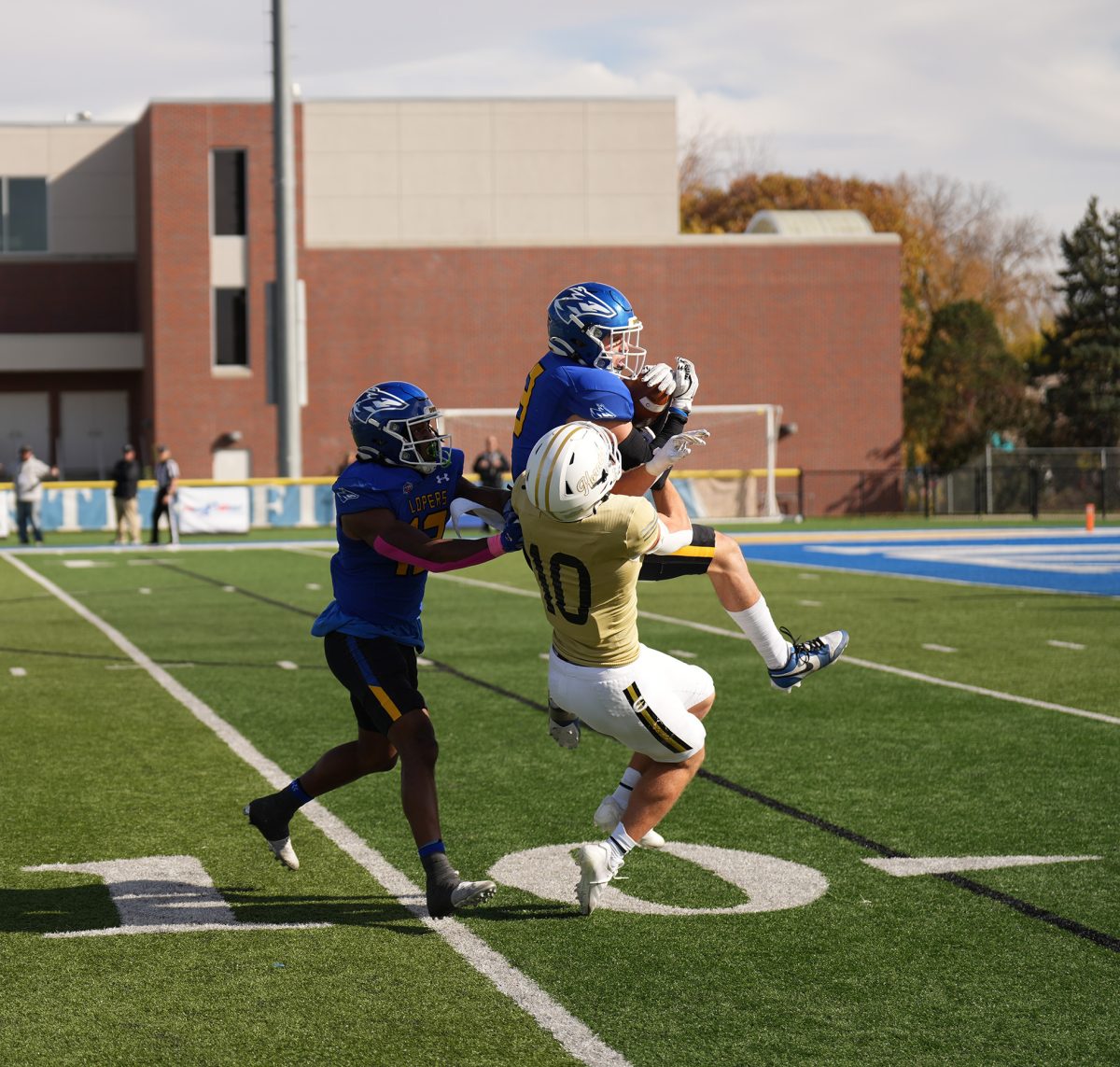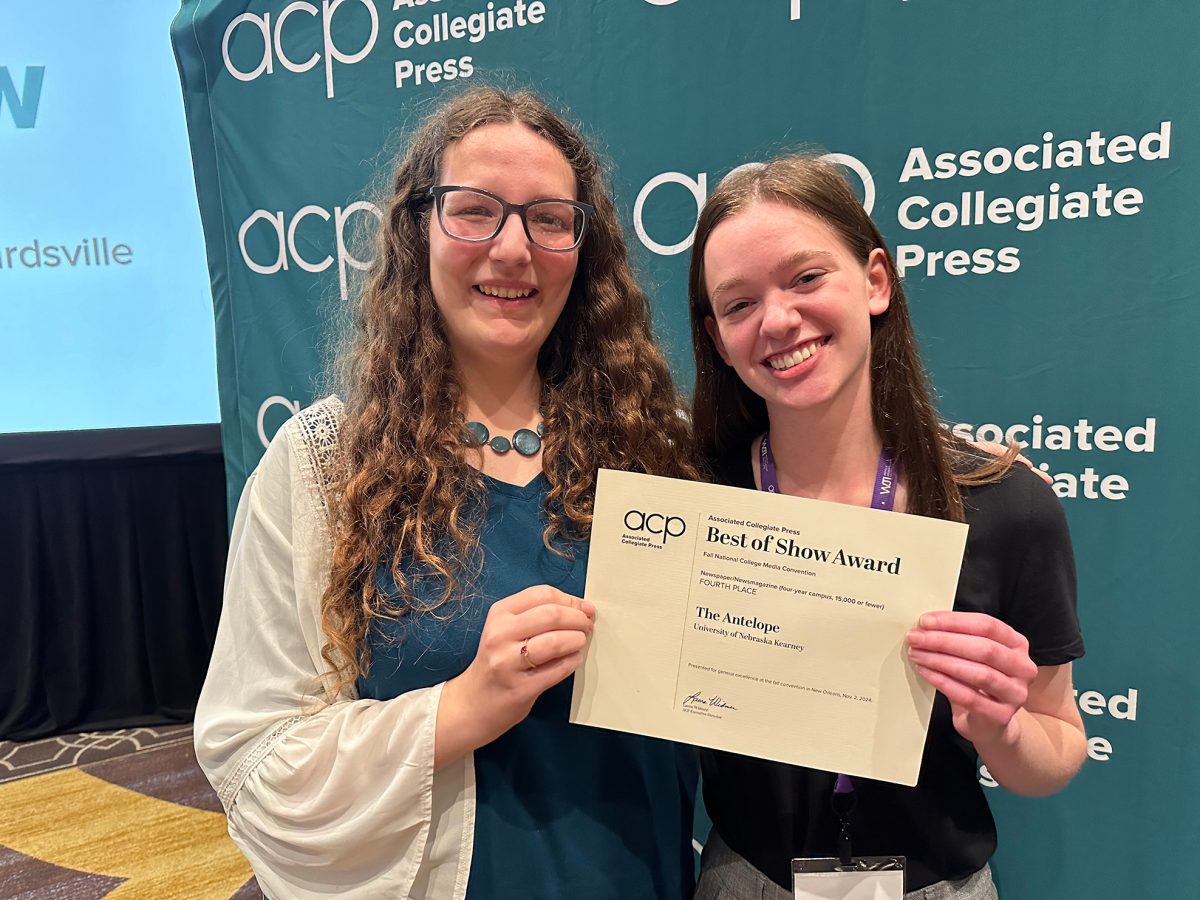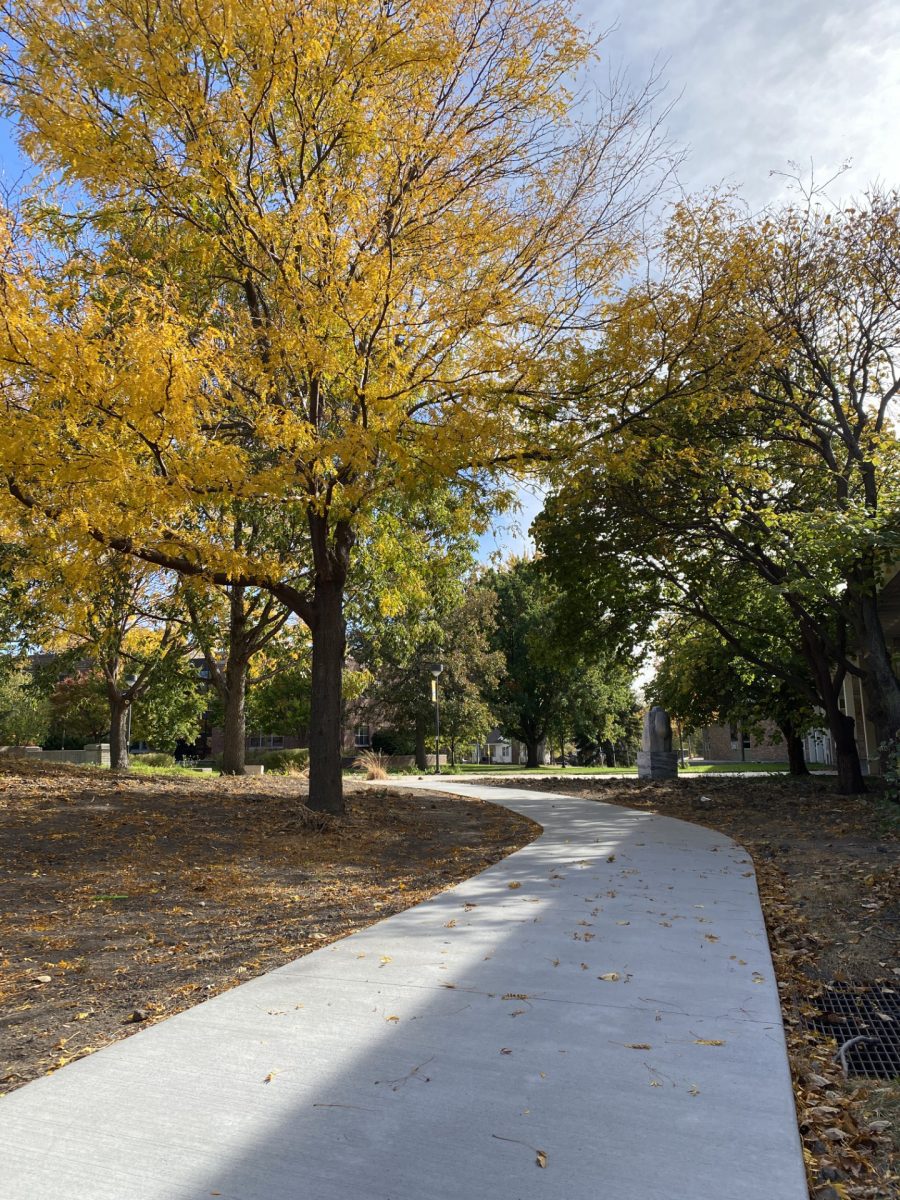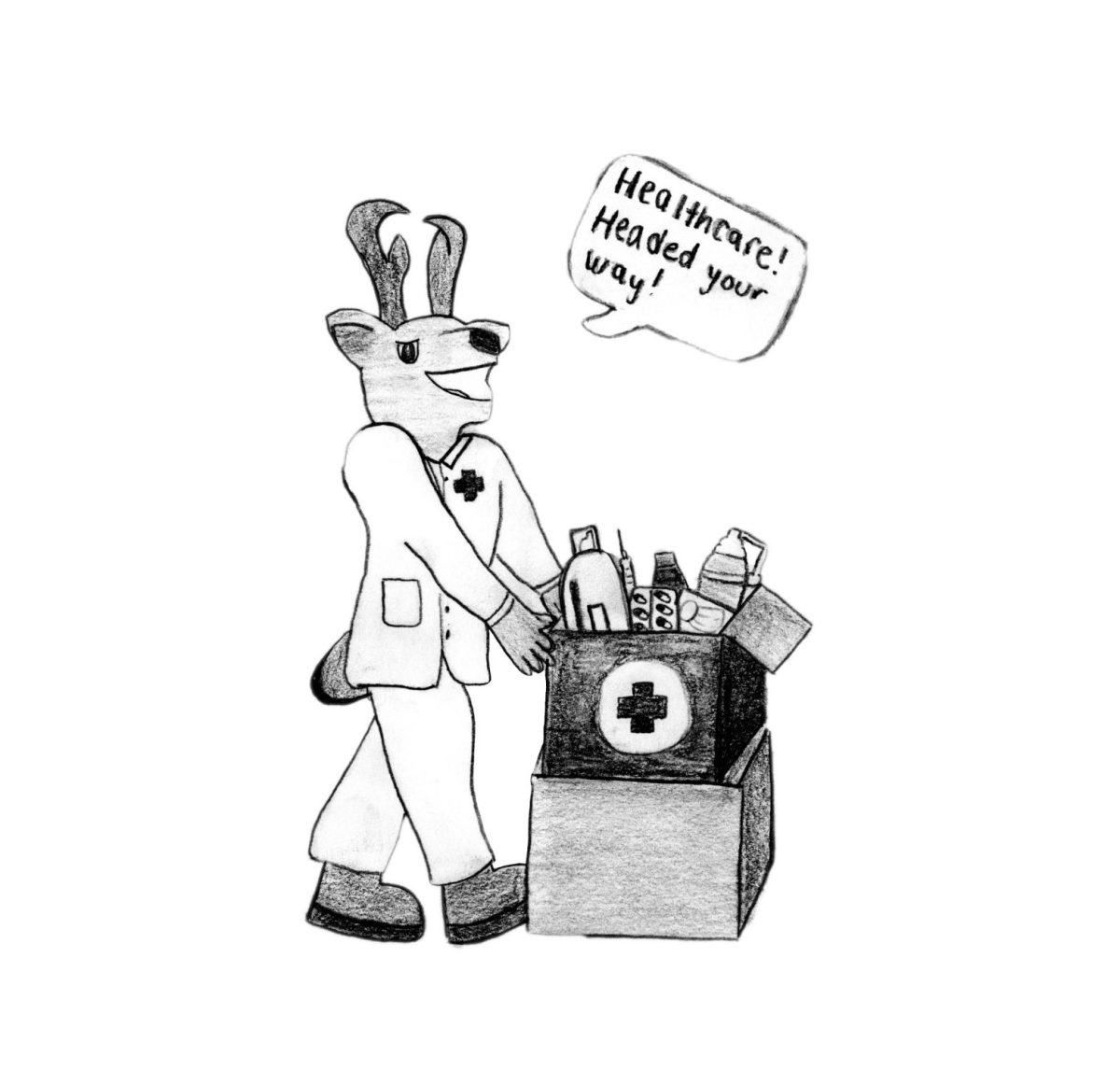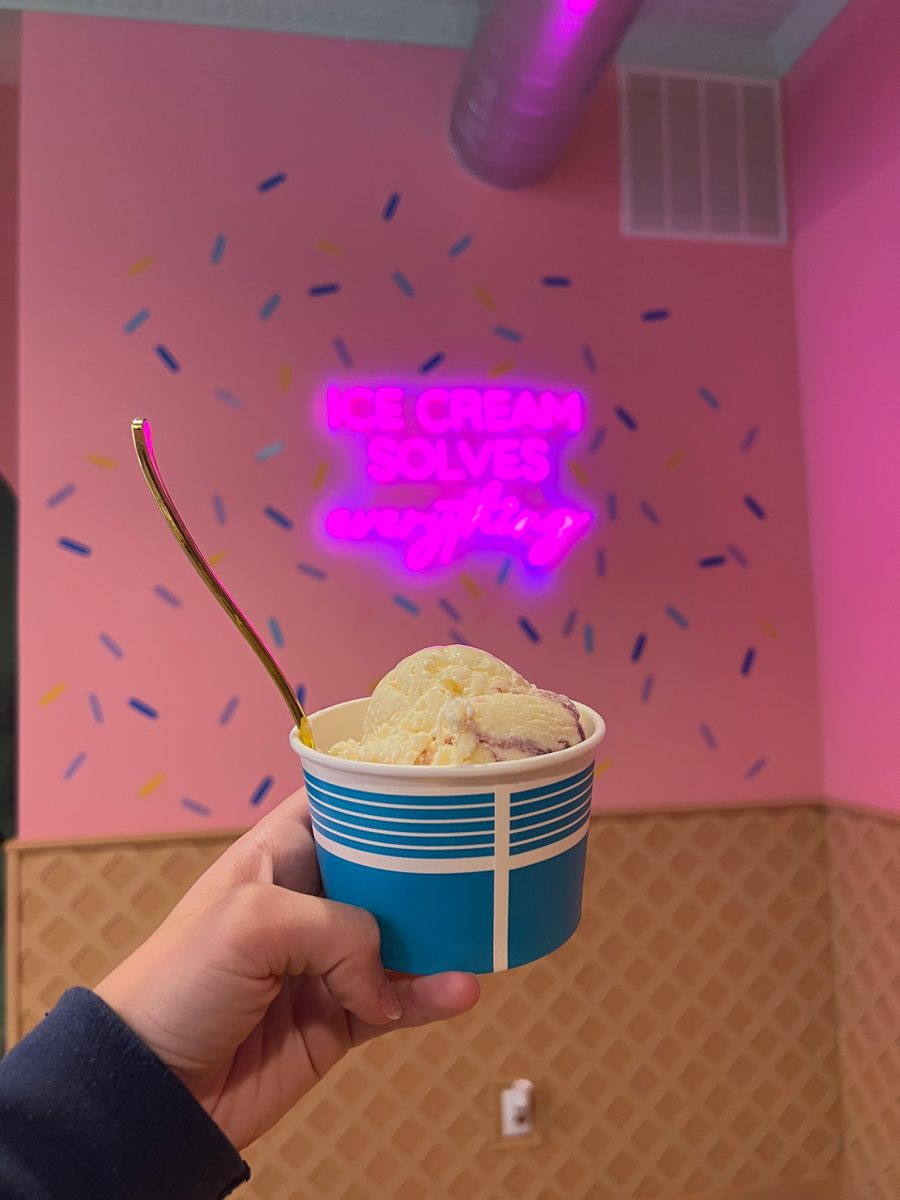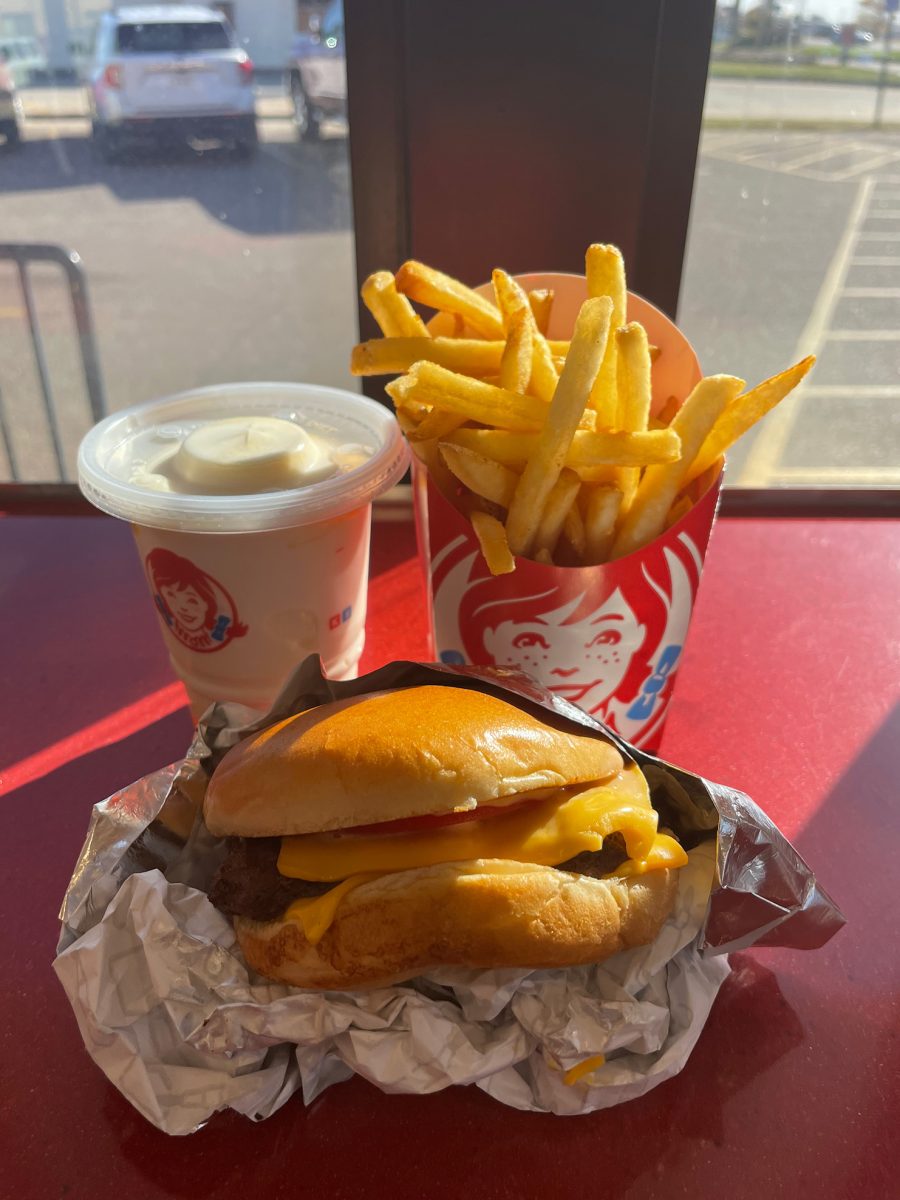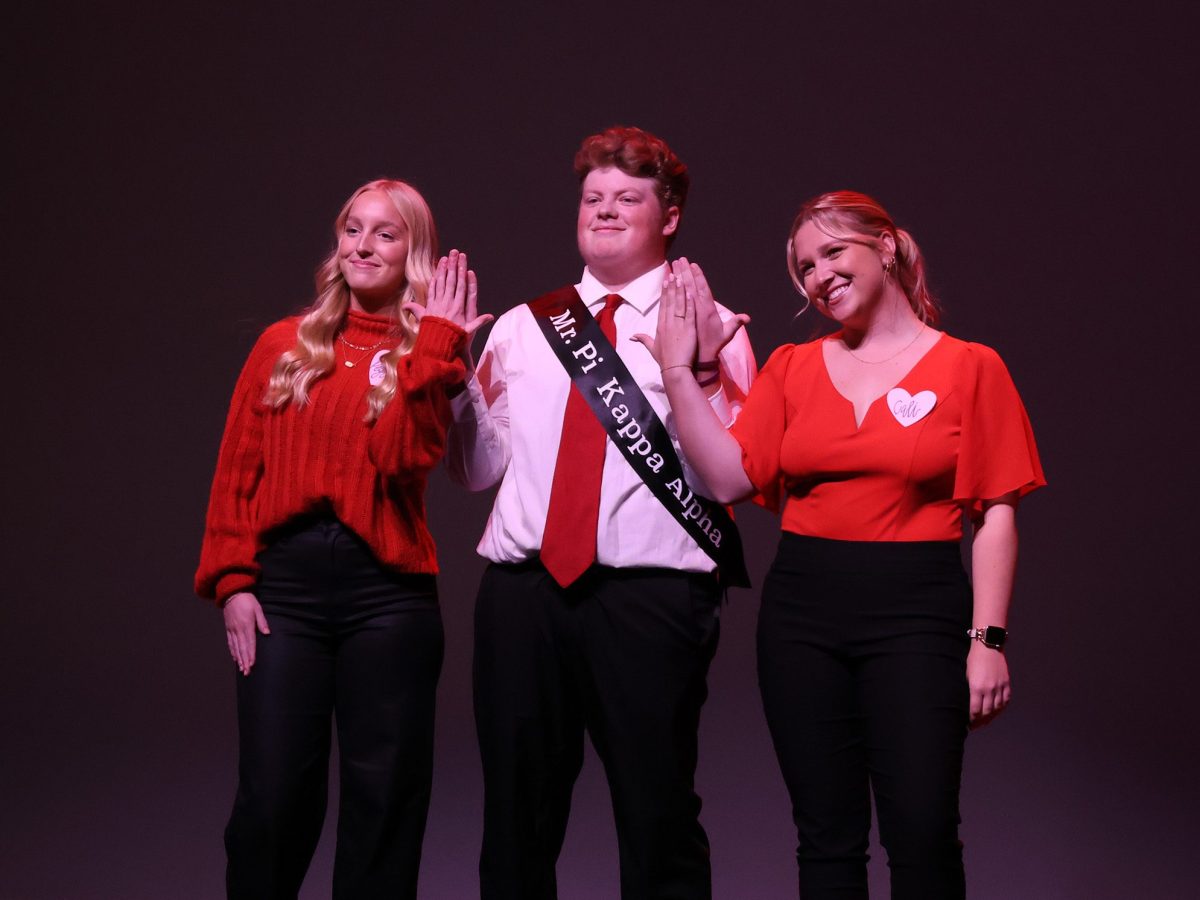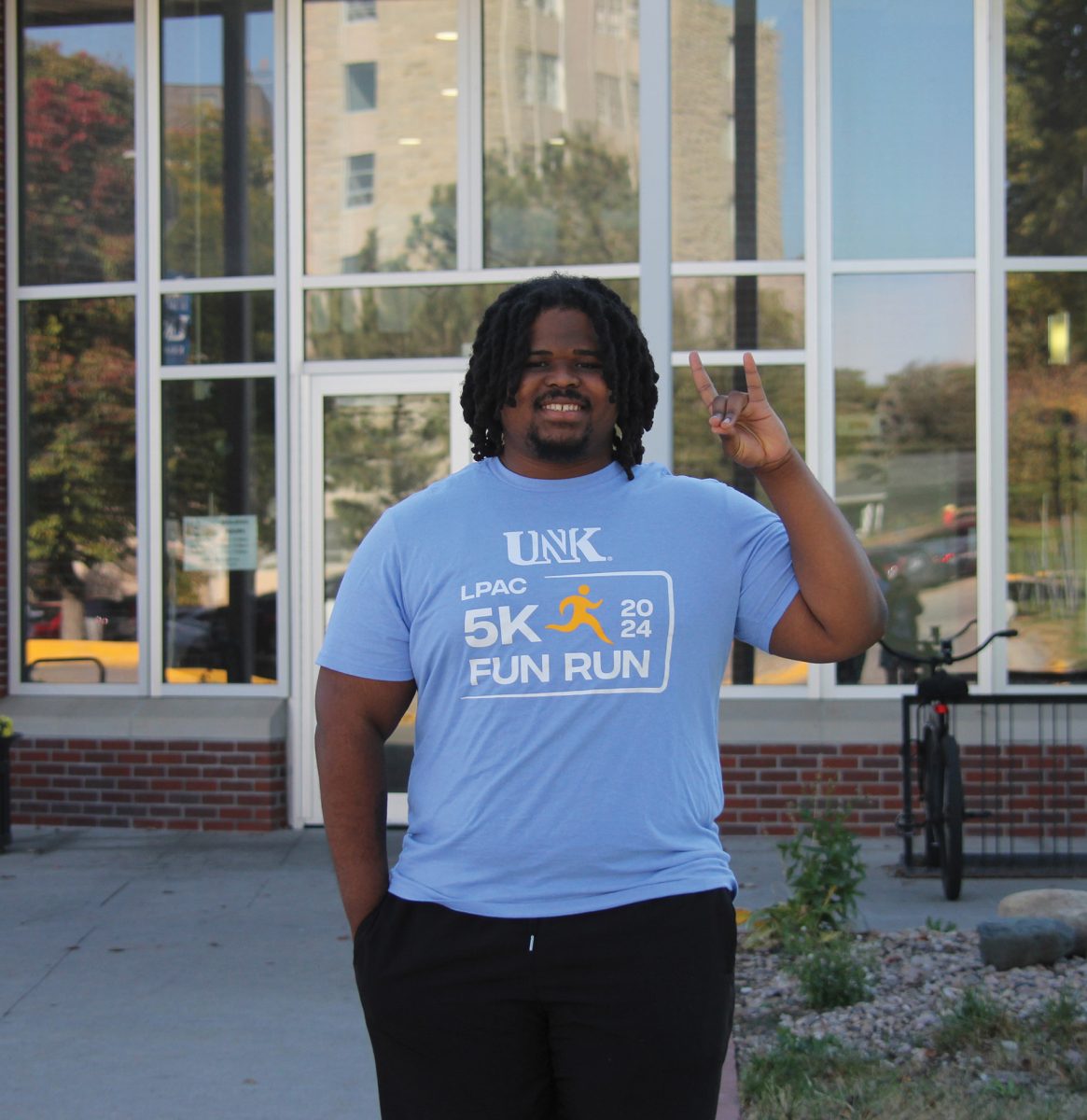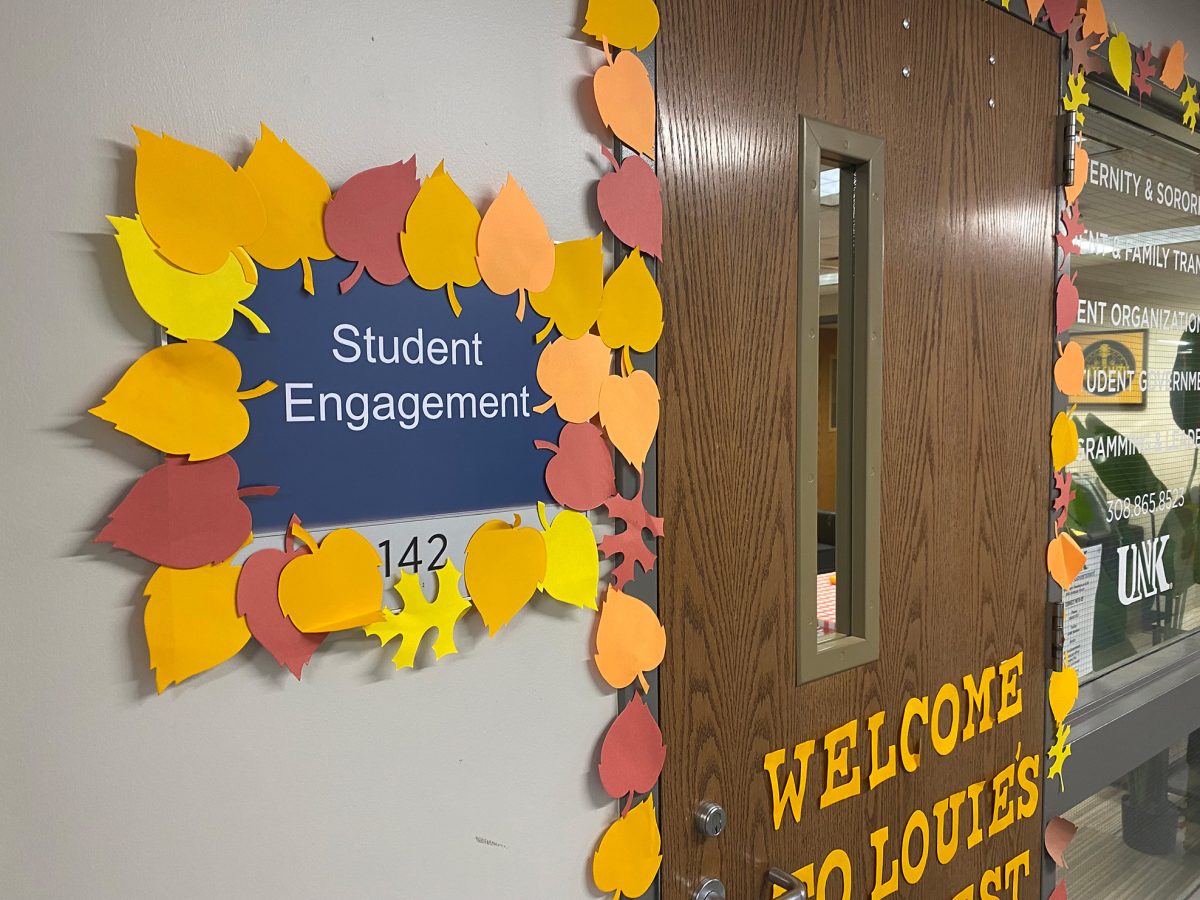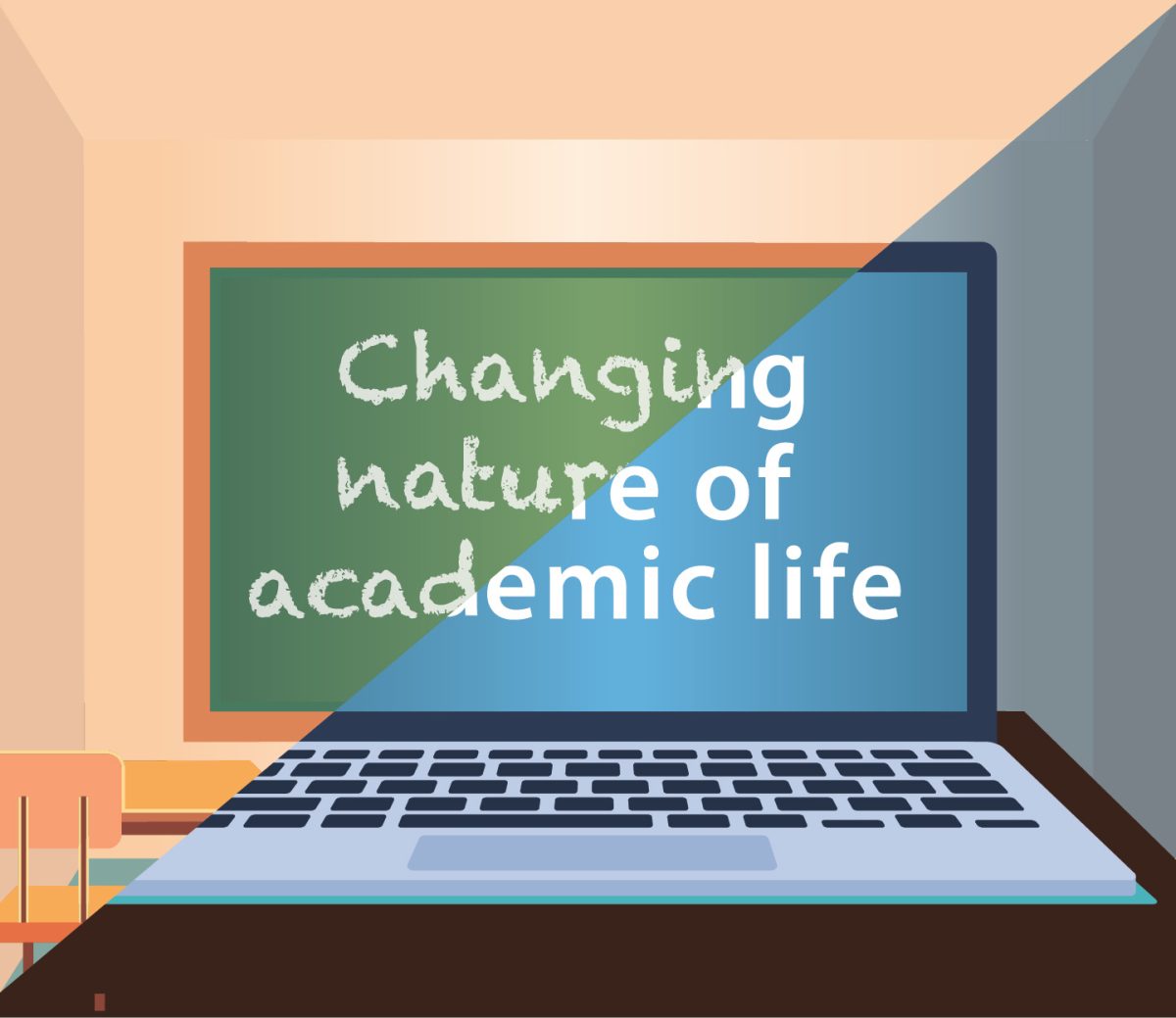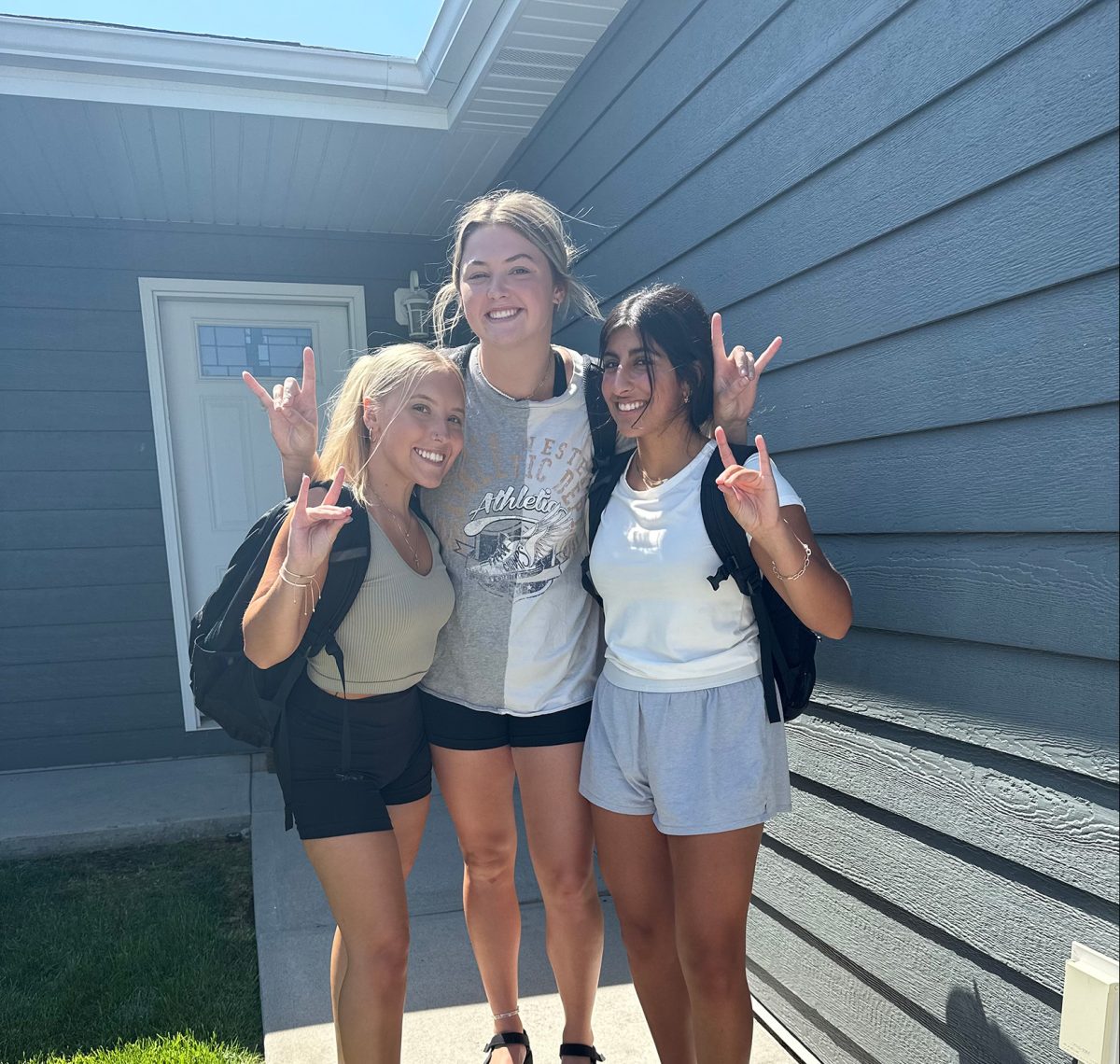ZAHIRA LOPEZ
ANTELOPE STAFF
In April 1997, my parents left everything they knew as home in Mexico behind, including their house, their family and their comfort zone. They came to the United States in hope of a fresh start and increased opportunities for their future family.
Since I was born in rural Nebraska, my parents have done their best to ensure that I am aware of my cultural background, which I am very appreciative of.
However, what they couldn’t help was how I was going to feel going to a predominantly white school where my brothers and I were one of the five Hispanic families in the class C-2 school at the time we enrolled.
I went through all of the typical experiences of a small-town education like my peers, but I had the added factor of what I felt was my reality. I always felt like I was “too white” for the Hispanic students that went to the public school and “too Mexican” for the kids at my school.
This caused me to feel biracial in my upbringing, even though I’m not biologically classified as having parents of two different races.
I learned Spanish from my parents at home, but my nanny and my older brother would come home from school and start teaching me simple English words. It’s a unique experience learning a language at the same time as your parents, who are much older than you.
Not having any immediate family in the United States always made holidays interesting. It started as me, my parents and two brothers eating Mexican dishes during American holidays like Thanksgiving. As I grew older, some classmates were kind enough to invite me to their family Christmas because they knew my celebrations were slim to none.
While they welcomed me into their personal celebrations, it never quite seemed or felt right to my identity.
As I reached my teenage years and hard topics like religious beliefs and relationships were discussed among my friends and in my education, I would often come home upset because my parents were very adamant in what they believed. These beliefs would differ from what my friends’ parents were telling them.
In the moment, I was never courageous enough to challenge them or speak out and share different perspectives because I know in Hispanic cultures, “That’s just how things were.”
As I neared the end of my high school years and came to college, that’s when the feelings of anger arised. The relationship between my parents and I was based on misunderstanding.
Through growth and maturing, I now know empathy more than ever, and I have the best relationship with my parents I have had in years.
As I turn 22 years old and start having more real-world experiences, I have started to understand my parents more and be appreciative of the sacrifices they made for me to be typing this column as a college student.
They started in a country that felt nothing like their home. They adapted, learned and put so much on the line for me. Like most new parents, they had no idea what they were doing, and on top of that, they were in a foreign country where they knew no more than a simple greeting and how to ask for directions.
While writing this, I feel like I am at the peak of my self-awareness and healing my inner child. I apologized to my parents for the earlier confused anger. Now, I have never been happier that at the age of 55 and 53, my mom and dad are healing their inner child too.
If there is any take away from this, it’s for young people to give their parents a little bit of grace. They were just kids once too like we were and are. One day, all we can hope for is that our future kids can do the same.

